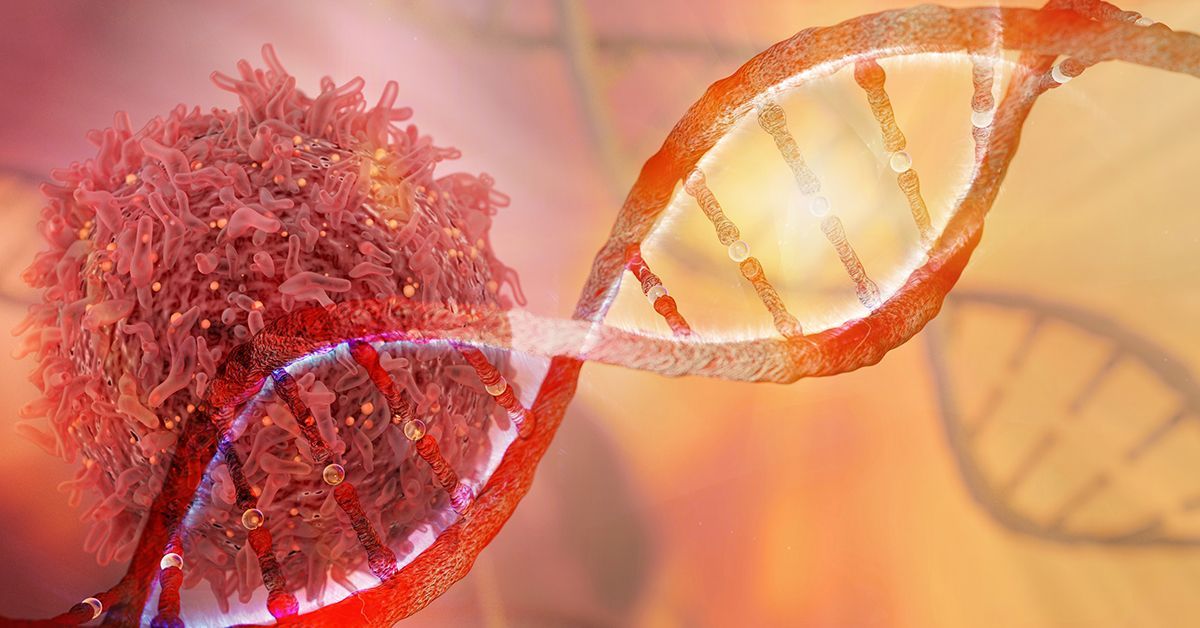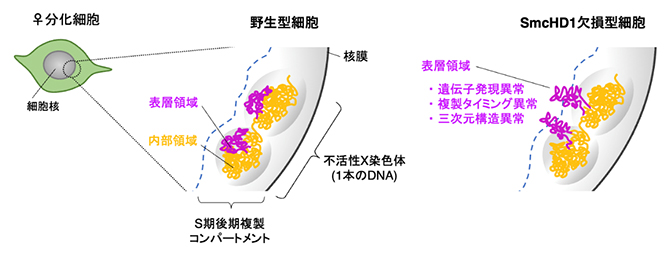2023-08-10 カリフォルニア大学サンディエゴ校(UCSD)
 Scientists from UC San Diego and Australia have engineered bacteria that detect the presence of tumor DNA in live organisms. Their innovation could pave the way to new biosensors capable of identifying various infections, cancers and other diseases. Credit: iStock/CIPhotos
Scientists from UC San Diego and Australia have engineered bacteria that detect the presence of tumor DNA in live organisms. Their innovation could pave the way to new biosensors capable of identifying various infections, cancers and other diseases. Credit: iStock/CIPhotos
◆CATCHはCRISPR技術を利用し、特定のDNA配列や突然変異を細胞外で検出できるバクテリアを設計したもの。バクテリアはがんのDNAが周囲に拡散することを利用し、腸内でがんDNAを検出する新しいバイオセンサーを開発。
◆将来的にはさらなる研究により、人間のがんや感染症を検出・治療するための異なるタイプのバクテリアと新しい回路を開発する計画。
<関連情報>
- https://today.ucsd.edu/story/researchers-engineer-bacteria-that-can-detect-tumor-dna
- https://www.science.org/doi/10.1126/science.adf3974
人工細菌が腫瘍DNAを検出 Engineered bacteria detect tumor DNA
Robert M. Cooper,Josephine A. Wright,Jia Q. Ng,Jarrad M. Goyne,Nobumi Suzuk ,Young K. Lee,Mari Ichinose,Georgette Radford,Feargal J. Ryan,Shalni Kumar,Elaine M. Thomas,Laura Vrbanac,Rob Knight,Susan L. Woods,Daniel L. Worthley,Jeff Hasty
Science Published:10 Aug 2023
DOI:https://doi.org/10.1126/science.adf3974
Editor’s summary
Bacteria have been previously engineered to detect diseases by responding to specific metabolites or pathogens. Cooper et al. have now engineered a species of bacteria to detect specific mutations in human DNA. These bacteria, Acinetobacter baylyi, are normally nonpathogenic and naturally competent to take up DNA by horizontal gene transfer. The authors took advantage of this property, engineering these bacteria to become resistant to a specific drug only when they took up DNA containing a cancer-associated mutation in a specific oncogene, but not its wild-type counterpart. The bacteria detected their target both in culture and in mice bearing tumors with the relevant mutation after the bacteria were delivered by rectal enema, suggesting a potential clinical application. —Yevgeniya Nusinovich
Abstract
Synthetic biology has developed sophisticated cellular biosensors to detect and respond to human disease. However, biosensors have not yet been engineered to detect specific extracellular DNA sequences and mutations. Here, we engineered naturally competent Acinetobacter baylyi to detect donor DNA from the genomes of colorectal cancer (CRC) cells, organoids, and tumors. We characterized the functionality of the biosensors in vitro with coculture assays and then validated them in vivo with sensor bacteria delivered to mice harboring colorectal tumors. We observed horizontal gene transfer from the tumor to the sensor bacteria in our mouse model of CRC. This cellular assay for targeted, CRISPR-discriminated horizontal gene transfer (CATCH) enables the biodetection of specific cell-free DNA.


